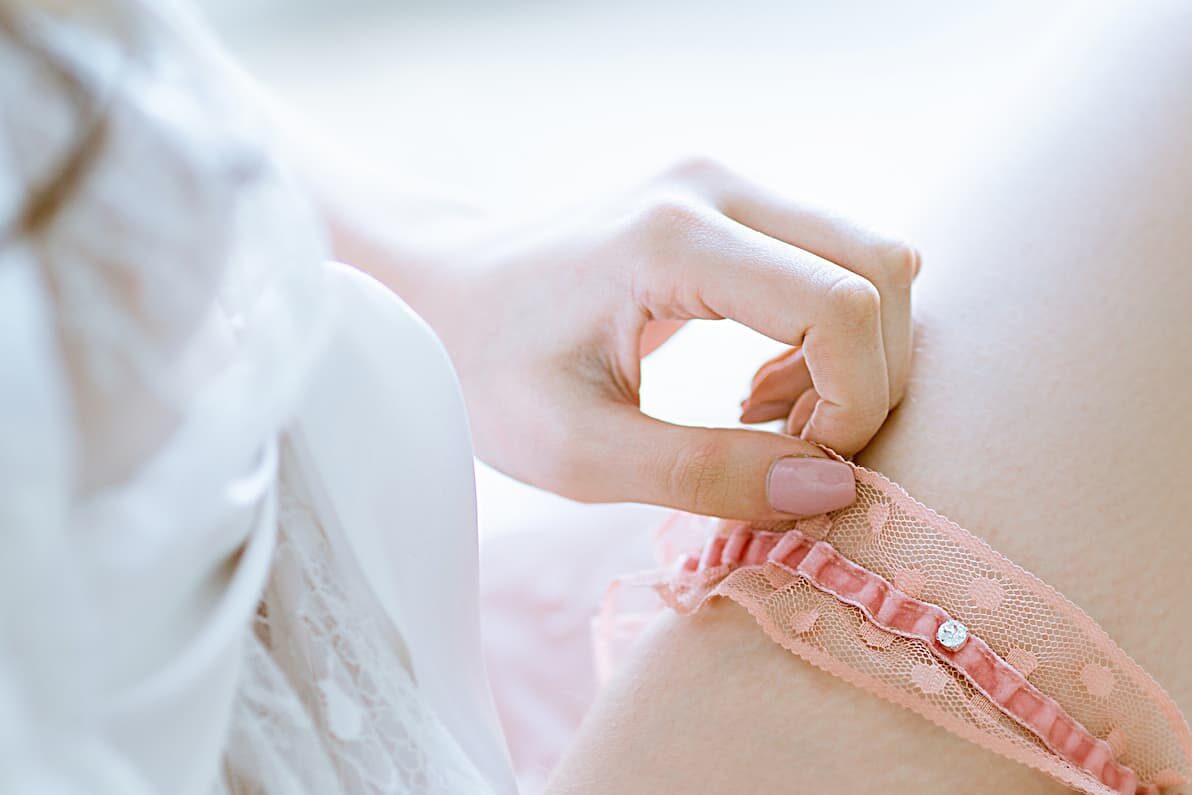The Courage to Protect Your Heart
Love asks for openness, but it also demands self-respect. To love bravely is not to give yourself away—it’s to share yourself with care. Many people mistake boundaries for walls, assuming that protecting your heart means closing it off completely. But boundaries aren’t about keeping love out; they’re about allowing it in safely. They help you distinguish between what nourishes you and what drains you, between giving freely and giving yourself away. When you know where your limits lie, you can risk vulnerability without losing your footing. True courage in love doesn’t come from reckless openness—it comes from loving consciously, knowing when to stay soft and when to stand firm.
In a world where relationships often blur lines, many people struggle to find this balance. Some seek connection through more defined experiences, such as spending time with escorts. For some, escorts represent a way to explore intimacy within clear boundaries—an environment where emotional control and respect coexist. For others, such experiences expose what’s missing in modern love: the depth and unpredictability of genuine emotional risk. Whether through structured companionship or romantic relationships, the lesson remains the same—boundaries are what make bravery sustainable. Without them, love can easily turn into self-sacrifice.
Knowing What You Can and Can’t Give
Boundaries are not rules you impose on others; they’re commitments you make to yourself. They’re an acknowledgment of what your heart can handle and what it can’t. Setting boundaries in love means recognizing that you’re responsible for your own emotional well-being. You can’t control how others treat you, but you can decide what you’ll accept. This awareness protects you from patterns that drain your energy or distort your self-worth.

Too often, people confuse love with endurance. They stay in situations that hurt them because they fear that leaving means giving up. But love without self-respect isn’t love—it’s dependency. Boundaries teach you that it’s okay to say no to what doesn’t align with your values. It’s okay to ask for space, to express your needs, or to walk away when something feels wrong. This is not coldness; it’s self-trust.
Bravery in love doesn’t mean ignoring red flags—it means facing them honestly, even when it hurts. It’s about taking emotional risks without abandoning your sense of self. Sometimes that bravery means opening your heart again after being hurt; other times, it means having the strength to protect your peace. You can be open and cautious at the same time. You can care deeply and still say, “This doesn’t work for me.”
Even in nontraditional or professional connections, such as time spent with escorts, boundaries play a similar role. These experiences often operate on mutual respect and clear expectations—qualities that many people struggle to uphold in their personal relationships. Understanding how to communicate needs and limits in any setting reinforces emotional maturity. Boundaries, far from being barriers, are what make closeness possible without chaos.
The Bravery of Staying Open
Love without fear sounds ideal, but in reality, love always comes with risk. The goal isn’t to eliminate fear—it’s to move forward despite it. Once you’ve learned to protect your heart, you can open it again from a place of strength. You’re no longer seeking validation or losing yourself in another person; you’re choosing to share your life because it feels right, not because you’re afraid to be alone. That’s where true bravery lives—in the decision to remain soft even after being hurt.
Being brave in love means embracing uncertainty without surrendering self-worth. It’s daring to be honest about what you want, even if it scares you. It’s choosing to care, knowing that it may not last. Every time you love with awareness, you grow stronger—not because you avoid pain, but because you learn from it.
Boundaries don’t close you off; they give you the confidence to connect fully. When you trust yourself to walk away from what harms you, you no longer fear opening up to what might heal you. You can love freely because you know your limits. You can risk intimacy because you’ve built emotional safety within yourself first.
Whether through long-term relationships, dating, or structured companionship, the principle remains constant: love requires both bravery and boundaries. One without the other leads to imbalance—either endless caution or endless pain. But together, they form the foundation of emotional freedom.
When you set boundaries while staying brave, you stop approaching love from fear. You begin to love with choice, with presence, and with dignity. And in that balance—between courage and care—you discover the kind of love that doesn’t consume you, but expands you.